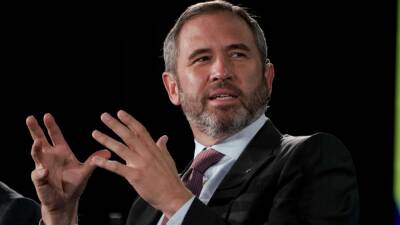Law Decoded: Arab States of the Gulf open up to digital asset services, March 14–21
Last week got off to an antsy start as the clause that many interpreted as a direct route to ban proof-of-work-(PoW)-based cryptocurrencies made a sudden comeback to the draft of the European Union’s key directive on digital assets. Many in the crypto policy space got immediate flashbacks to other instances of harmful last-minute additions to must-pass legislation days and hours before the vote. It all ended well, though, as the Committee on Economic and Monetary Affairs voted against the draft that contained the hostile language. Over in the United States, monetary policy kept growing more political, as evidenced by Sarah Bloom Raskin, President Joe Biden’s pick for the Federal Reserve’s vice chair for supervision, being forced to withdraw her nomination due to a Senate gridlock. Ukrainian President Volodymyr Zelenskyy took time off urgent matters of national defense to sign a bill granting digital assets legal status into law. Other big narratives of the week included crypto platforms’ expansion into the Gulf region, a slew of crypto-related statements and actions by members of the U.S. Congress and some favorable policy developments in Australia.
Several Middle Eastern jurisdictions have welcomed major players of the global crypto industry on their soil last week. The streak kicked off with Binance, the world’s largest crypto exchange by volume, securing authorization from the Central Bank of Bahrain on March 14. The license covers services such as trading, custody and portfolio management. Less than one day later in a historic first, crypto exchange FTX landed a license from the newly established Dubai Virtual Asset Regulatory Authority. Binance, however, was hot on FTX’s heels, announcing that it had obtained a Dubai
Read more on cointelegraph.com























